On March 4, 2023, at the opening session of the Chinese People's Political Consultative Conference (CPPCC), Wang Huning was seated in the center of the front row on the rostrum, with Hu Chunhua to his left and Shi Taifeng to his right. Xi Jinping was seated in the centre of the second row, flanked by Li Zhanshu on the left and Li Keqiang on the right.
[People News] According to a report from the Chinese state-run Xinhua News Agency on April 17, Hu Chunhua, Vice Chairman of the Chinese People’s Political Consultative Conference (CPPCC), visited Nigeria, Côte d'Ivoire, and Senegal from April 8 to 17, leading a delegation. He met with Nigerian Senate President Godswill Akpabio, House Speaker Tajudeen Abbas, and Foreign Minister Yusuf Tuggar; Ivorian Prime Minister Robert Beugré Mambé, National Assembly Speaker Adama Bictogo, and Presidential High Representative Ally Coulibaly; and Senegalese President Bassirou Diomaye Faye and National Assembly President Amadou Mame Diop.
Among these three countries, Hu Chunhua received the highest diplomatic treatment in Senegal, where he met not only with the parliamentary speaker but also with the president. In Côte d'Ivoire, he met the prime minister and a presidential high representative. In Nigeria, however, he met only with the two legislative leaders and the foreign minister.
The varying receptions likely have something to do with the United States. For example, since Bola Tinubu became president of Nigeria in May 2023, the country has increasingly leaned toward the West, particularly in resisting Chinese mining companies. Additionally, the U.S. is Nigeria’s largest donor.
What stands out is that in Xinhua's report on Hu Chunhua’s meeting with President Faye of Senegal, there was no mention of Hu conveying “President Xi Jinping’s cordial greetings and good wishes.” This is quite unusual. After all, Xi and Faye just met last year and co-hosted a conference. According to diplomatic protocol, such greetings are typically conveyed. For instance, in June 2018, then CPPCC Chairman Wang Yang, while visiting the Republic of the Congo, first conveyed Xi’s greetings to its president, who then asked Wang to reciprocate his own greetings to Xi.
Reports from Senegalese media also make no mention of any such greetings, nor did President Faye say anything of the sort. The only reference to Xi was when Hu Chunhua “highly praised the solid and dynamic nature of China-Senegal friendship and cooperation” and emphasised the good relationship between Faye and Xi. Isn’t that a little odd?
Is Hu Chunhua unaware of diplomatic protocol? Clearly not. According to Nigeria’s Savinews Africa, when Hu met with Nigerian Foreign Minister Tuggar, he first conveyed Vice President Han Zheng’s warm greetings.
There’s only one explanation: Xi did not authorize Hu to convey greetings—or in other words, the behind-the-scenes power brokers who have allegedly stripped Xi of military and some party control no longer require Hu to deliver his messages. This indirectly supports the notion that Xi’s power within the Party is being limited.
Hu Chunhua was once Hu Jintao’s handpicked successor to Xi Jinping. Yet at the 20th Party Congress, Hu was excluded from the power core—not only did he fail to become Premier or join the Politburo Standing Committee, but he was also not reappointed to the Politburo at all. Instead, he was demoted to a vice-chairmanship in the CPPCC. That may also explain why Hu Jintao, visibly shocked, was forcibly escorted out of the 20th Congress closing ceremony on Xi’s orders.
Now, with signs and overseas leaks suggesting that former leaders like Hu Jintao and Wen Jiabao are the real controllers behind the scenes in Zhongnanhai, could Hu Chunhua—the former heir-apparent—be regaining political ground?
According to state media, Hu Chunhua’s trip was aimed at “advancing the implementation of consensus and outcomes” from last year’s China-Africa Dialogue with the three African countries and “deepening mutually beneficial cooperation across various sectors.” In plain terms, it means throwing more money at these countries in exchange for their support in areas like mining and energy. As for how much money is being spent, the Chinese government has said nothing—likely out of fear of backlash from Chinese citizens.
There’s an irony here: someone like Hu Chunhua, who has fallen out of favour with Xi, is the one tasked with implementing agreements Xi reached with African leaders. If Xi were really in control, would he allow that? Among the many CPPCC vice chairpersons, why would he choose someone like Hu, who’s a thorn in his side? Logically, that doesn’t make sense—unless Hu Chunhua is acting under orders from the Party elders, perhaps in an effort to rebuild his political capital.
In fact, Hu Chunhua’s recent activities have already raised eyebrows since rumours of Xi suffering a stroke surfaced around the time of the 2023 Third Plenary Session.
On July 18, 2023, Chinese state media aired footage of Hu Chunhua at a subgroup meeting during the closing of the 20th Third Plenary Session—seated unusually side-by-side with Xi Jinping.
On October 8, Hu authored a piece titled "Adhering to the Comprehensive Leadership of the Chinese Communist Party over the CPPCC", published in state media.
On December 12, Hu Chunhua replaced Han Zheng at the 2024 “From Du International Forum” in Madrid, Spain, where he read a congratulatory letter from Xi and delivered a speech. While in Spain, Hu also attended a group meeting with King Felipe VI and met with the Senate’s First Vice President, Javier Maroto, among others.
These unusual moves offer a glimpse into potential shifts in the balance of power within Zhongnanhai.
Given looming U.S. tariff threats, Hu Chunhua’s trip to these three African nations can be seen as part of a larger plan to secure more resources under the guise of strengthening cooperation—essentially preparing for harsher sanctions from the U.S. Of the three countries, Nigeria is rich in natural resources like oil, gas, gold, lead-zinc, tin, niobium-tantalum, and iron ore. Côte d'Ivoire is notable for solid mineral resources such as gold and nickel. Senegal’s resources include phosphate, iron, gold, copper, diamonds, and titanium. Moreover, Senegal is a gateway country to West Africa and holds major geostrategic significance.
Nii Simmonds, a senior fellow at the Washington-based GeoTech Centre, said during an Atlantic Council webinar, “The next industrial revolution will be based on critical minerals and rare earth elements.” “Many of these, like tantalum, are strategic materials because most modern technologies are related to defense.” “Without these minerals, technologies like satellites, semiconductors, fibre optics, CAT scan machines, EV batteries, and smartphones wouldn’t exist.”
Other scholars have pointed out, “Fighter jets require a large amount of strategic materials. Once quantum computing is deployed, it too will require vast amounts of gold and other critical minerals.” “Semiconductors and quantum computers can only be made using the critical minerals and rare earth elements that Africa has in abundance.”
For decades, China has imported huge quantities of minerals from Africa—some markets are even dominated by China. As the U.S. under the Trump administration escalated tariffs, it also couldn’t afford to ignore China’s exploitation of Africa or how it’s using these resources to build capital for future confrontation.
(Originally published by Renminbao)

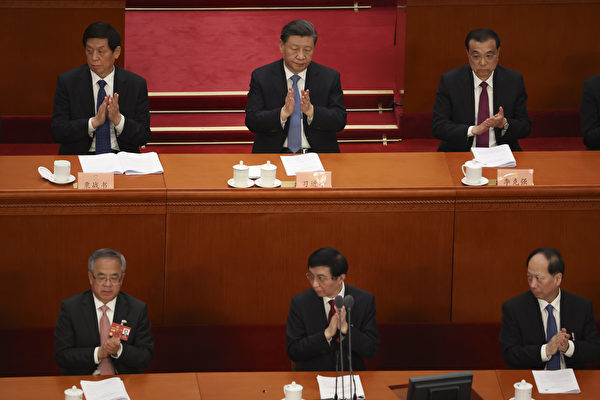
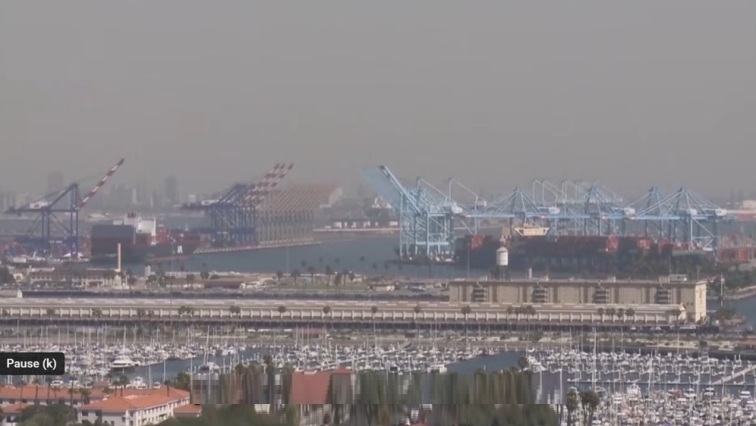

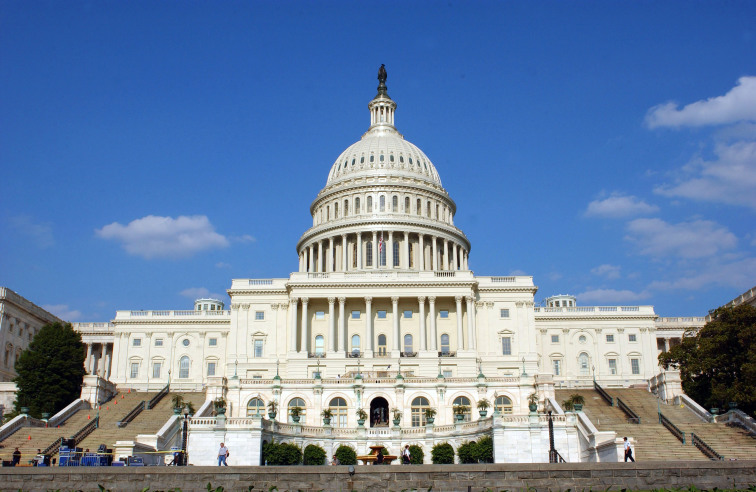
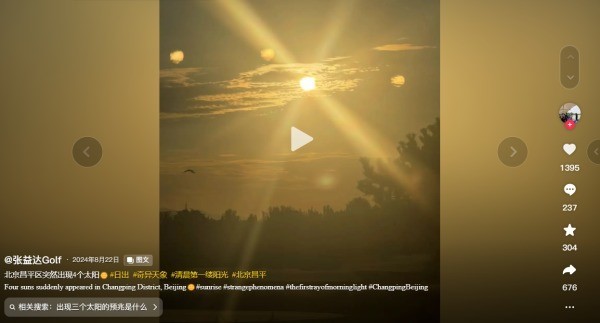
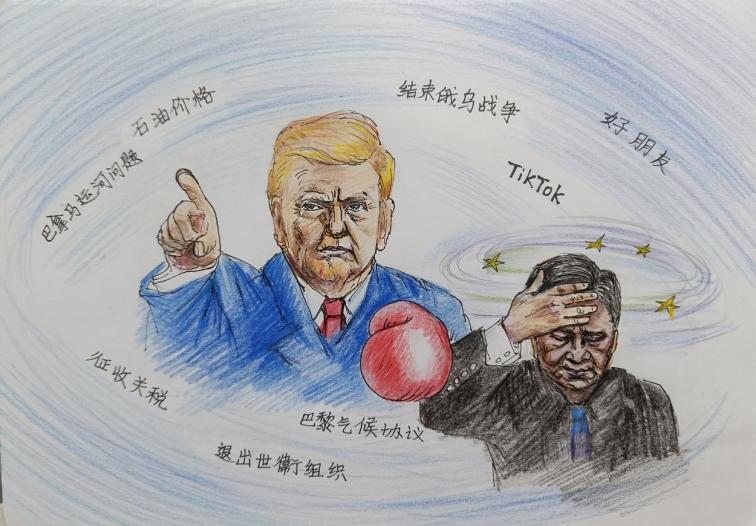
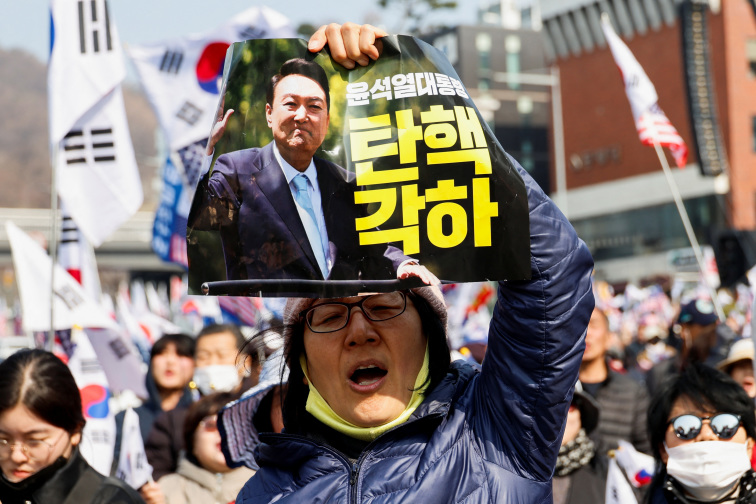
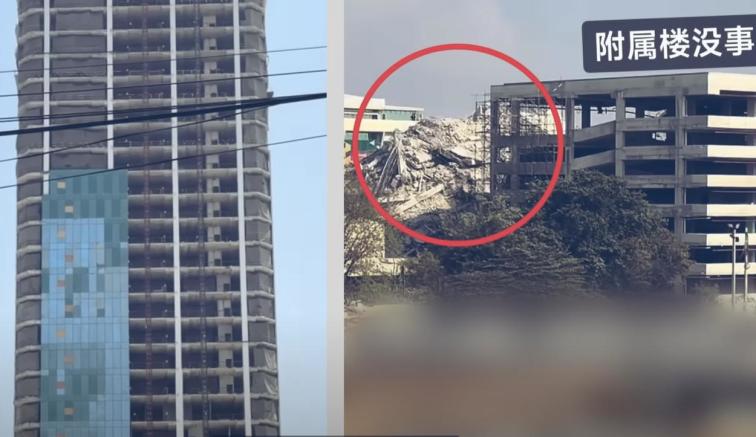

News magazine bootstrap themes!
I like this themes, fast loading and look profesional
Thank you Carlos!
You're welcome!
Please support me with give positive rating!
Yes Sure!